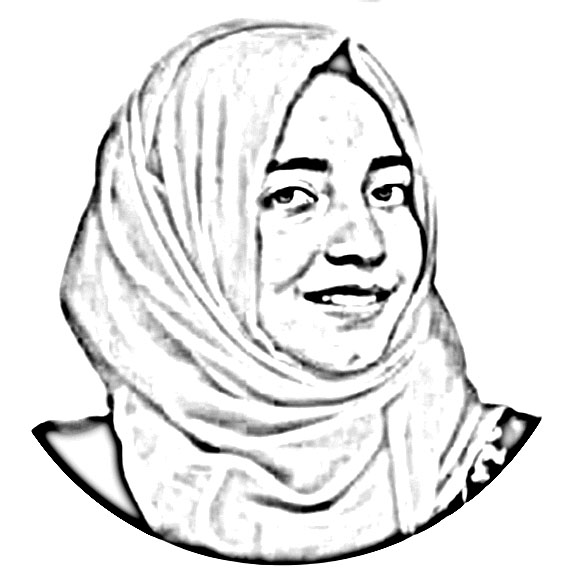Hafsa Mustansar
“In this realm of choicelessness, we do choose how we live with honour” THIS quotation of Joseph Epstein maybe not relevant here but it has a direct link with the point that I am going to explain. Improvement in the fledgling industry of tourism is the need of the hour and the tourism industry wants to be prioritized on an urgent basis. The United Nations had announced its 2030 agenda on 25 September 2015. One of the important goals of the UN 2030 agenda is developing collaborations and partnerships for Sustainable Tourism for achieving 17 goals of SDGs with developing countries. Every country has made these Sustainable Development Goals their national goals and tirelessly started working for the accomplishment of the UN goals. In this regard, Pakistan also took stride and started to formulate strategic plans for the achievement of these goals.
The main essence of tourism lies in the preservation of artistic traditions, it is more than protecting the environment. Pakistani government carves out different ways to set the fledgling tourism industry afloat for a soft image of Pakistan. The current government is pro-tourism and having complete belief in the uplifting of the tourism sector for sustainable development goals, for the socio-economic development and paying much heed towards improvement in the tourism industry of Pakistan.
Under the leadership of Prime Minister Imran Khan, the most neglected field is coming in the limelight. The proposal of introducing the Gandhara trial in KP would be laudable if it comes in reality. Now, in every province of Pakistan people are taking interest in the promotion and conservation of cultural heritage but most people are still ignorant and are not aware of the importance of its conservation and promotion! Alas.
The Coronavirus pandemic has devastated the already dwindling tourism industry. The projects or initiatives relevant to tourism started to improve at the start of 2020 reached on the verge of collapse. As per the estimation of the UN World Tourism Organization international tourism also suffers a lot due to the novel COVID-19 and puts the jobs of so many people in danger.
There are several governments recognized institutes that are leaping towards sustainable tourism. In this regard, the Lahore Walled City Authority does not require any introduction. Lahore Walled City Authority is already working for the identification of heritage and heritage values of walled city Lahore. Through the partnership of Agha Khan Culture Trust, they are protecting and preserving the valuable heritage of Lahore walled city by following the standardized rules of UNESCO in the conservation of cultural monuments. Through this toil, the Authority wants to promote tourism and cultural activity of Lahore walled city on an international level.
In this time, the tourism industry is in the priority list of government and the people are also becoming aware of its importance, all provinces of Pakistan that are having precious sites and records of Pakistan’s ancient history should follow the plan of Lahore city authority that protects and promote the cultural heritage of Lahore in such a short span of time and received an award of merit that is called UNESCO Asia-Pacific award for the conservation of cultural heritage.
The Khyber Pakhtunkhwa no doubt has also created more avenues for sustainable tourism than any other province and still working passionately for improving cultural heritage there. For living with honour, we would have to promote and conservative cultural heritage of Pakistan. Pakistan’s cultural heritage has great potential to boost the economy. It will be a success if the government can synergies the different perspectives of sustainability for the uplift of sustainable tourism in Pakistan. Make Pakistan great through sustainable tourism and let tourism ring in the land that is a melting pot of various cultures, religions, and ideologies.
—The author is M Phil in Asian Studies. Her main research areas are cultural development and the achievement of Sustainable Development Goals.










